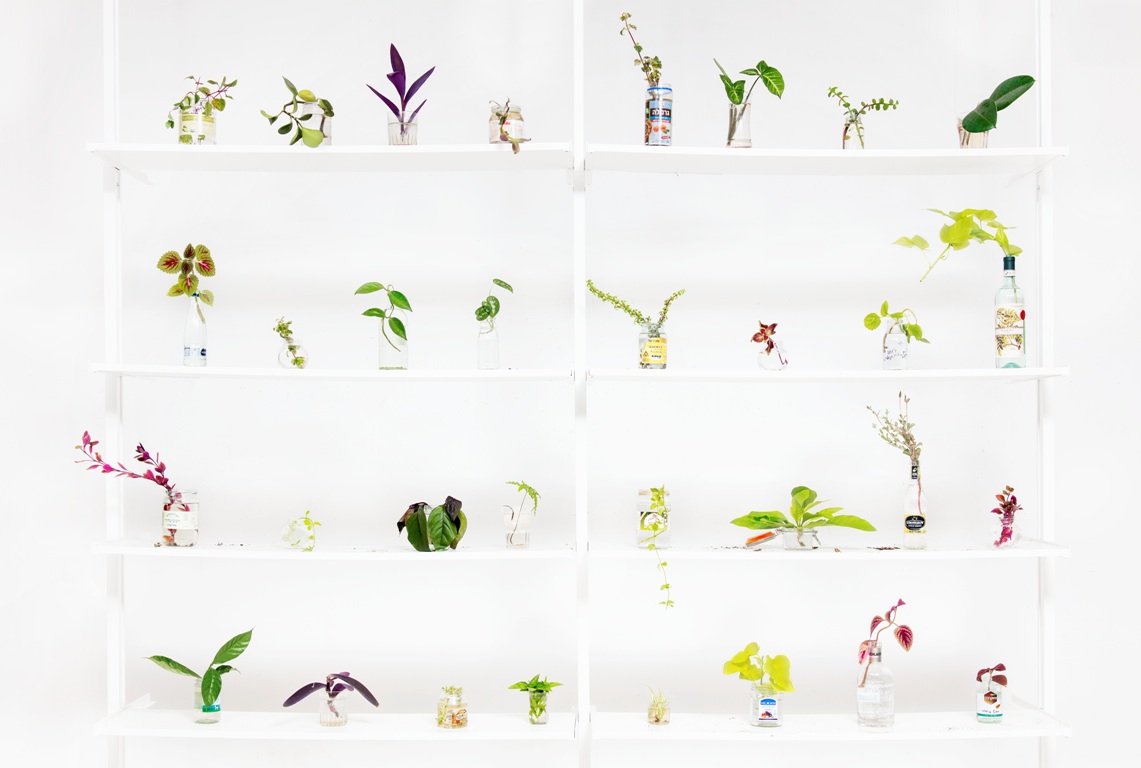Search this site
A Photographic Garden Grows in Times Square



“’People always think that happiness is a faraway thing,’ thought Francie, ‘something complicated and hard to get,’” Betty Smith wrote in her 1943 novel, A Tree Grows in Brooklyn. “’Yet, what little things can make it up; a place of shelter when it rains — a cup of strong hot coffee when you’re blue; for a man, a cigarette for contentment; a book to read when you’re alone — just to be with someone you love. Those things make happiness.’”
Smith’s poignant novel of a young girl coming of age in Williamsburg when it was wracked by poverty, is increasingly poignant in the age of gentrification. Despite, or perhaps because, of the vast accumulation of wealth, New York has never been as soulless as it is today. Money can’t buy happiness, nor can it assure mental health. If anything, it seems to transform people into rats, desperately running through life trying to escape their torments.
You can hardly stop and smell the roses unless you call the florist. We are not only moving at an exponential speed, but we are increasingly removed for the natural world. Francie’s understanding that it’s the little things that make life worthwhile finds its expression in Israeli artist Boaz Aharonovitch’s photo-diary Growing a Garden for an Unknown Lover, curated by Aya Goshen and now on view at ZAZ10TS in Times Square, New York, through February 26, 2020.
In 2011, Aharonovitch began a one-month gardening project from which a book and video bloomed, as did his fascination with horticulture and a desire to deepen his knowledge. The work is simple, eloquent, yet compelling and complex — a series of cuttings placed in household objects we typically discard, including liquor bottles and Nutella jars, quietly repurposed for its shape and design to complement the flora it preserves.
Aharonovitch then organizes them as a still life, creating an archived garden of flowers and vegetation preserved forevermore in life-size photographs that remind us just how far from nature we truly are. That unknown lover the title suggests might simply be us removed from pavement, concrete, and buildings covered in glass. It might just be the sound of leaves rustling in the breeze, or the glint of the sun as it cuts through the trees.
It might just be the sound of nothing: no digital alert, no deadline, no one calling us back to work. It could be the reminder that happiness comes from the simplest things, that there is no need to rush forward towards the abyss. The garden, with its ever changing cycles of birth, death, and rebirth is more than a metaphor: it is a truth. We go through life on a spiral: up or down — it is ours to choose.




All images: © Boaz Aharonovitch